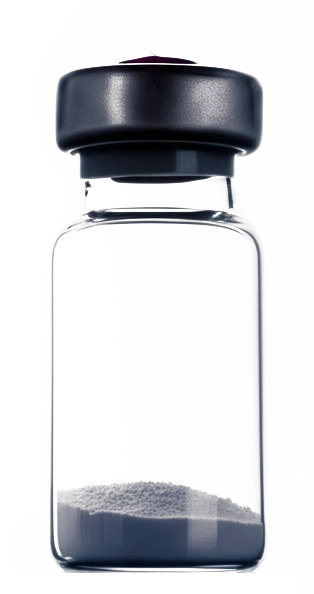Therapeutic peptides are revolutionizing modern medicine. These short chains of amino acids offer targeted treatments for various conditions. Their unique properties make them ideal candidates for addressing complex diseases. One significant area is autoimmune disorders, where traditional treatments often fall short. These disorders involve the immune system attacking healthy tissues. Therapeutic peptides can modulate the immune response. This modulation can reduce inflammation and tissue damage. Their precision allows them to target specific pathways, minimizing side effects. This precision is a major advantage over conventional drugs. The development of therapeutic peptides involves careful design and testing. Scientists optimize their structure to enhance efficacy and stability. This optimization ensures they reach the target site and exert their desired effect. Peptides for medical treatment are becoming increasingly popular due to their high specificity. This specificity reduces the risk of off-target effects. They also have a relatively simple structure compared to large proteins. This simple structure makes them easier to synthesize and modify. The use of therapeutic peptides in medicine is expanding rapidly. New applications are constantly being discovered, offering hope for many previously untreatable conditions. As research progresses, these peptides promise to transform healthcare. Peptides in drug development are now at the forefront of medical innovation. They are explored for their potential in treating cancer, diabetes, and neurological disorders. Their versatility makes them a valuable tool for researchers and clinicians alike. The future of medicine increasingly relies on the innovative use of therapeutic peptides to combat a wide range of diseases. The development and application of these peptides require a multidisciplinary approach. This approach involves chemists, biologists, and clinicians working together. This collaborative effort ensures that therapeutic peptides are developed effectively and safely. Their role in medicine will only continue to grow as we unlock their full potential.







